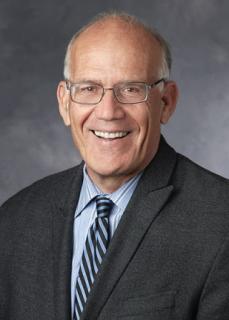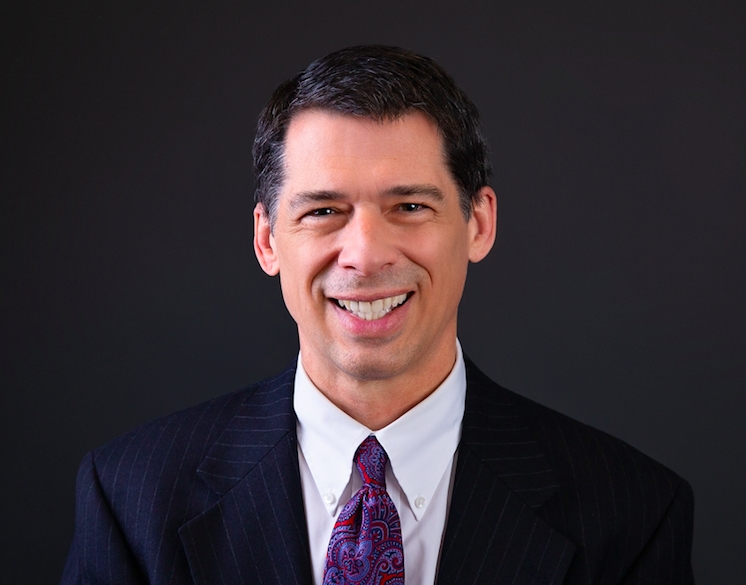Increasing presidential power and the risk for abuse

By TRIP JENNINGS Last week the Supreme Court gave American presidents broad immunity against criminal prosecution. It is the first recognition in our nation’s 240-year history of any form of presidential immunity from prosecution.
Many stories focused on the short-term effects of the ruling, mainly how it impacts ongoing criminal prosecutions of former President Donald Trump and this year’s presidential contest.
However, I’d like to set aside electoral politics and the many questions raised by last week’s ruling, such as: what actions, exactly, would presidential immunity protect? Can a president lock up political rivals with impunity?
Instead, let’s imagine a future in which a person who is already the most powerful single individual in the country is given more power without a concomitant strengthening of protections to guard against abuse of power.
The ruling doesn’t only render prosecuting Donald Trump more difficult but creates broad immunity for all past, current, and future presidents.
In other words, a Democrat or a Republican or a progressive or a conservative could be the beneficiary of this new vision of executive power depending on who the American people elect as president.
People cheering last week might start frowning when this occurs to them —that the expanded presidential powers can benefit partisan, ideological adversaries, too.
After all, what’s good for the goose is good for the gander. That’s particularly true in American politics.
You learn these things when you report on politics for a long time.
Perhaps more surprising, to me at least, was the optimistic view the court’s conservative majority has of humans and their relationship to power. (Some might say the conservative majority’s view is naive, others might say cynical.)
Not to sound flippant, but it is as if the court’s conservative jurists just set up the United States to relearn Lord Acton’s by-now-almost-cliché observation — power tends to corrupt and absolute power corrupts absolutely.
It’s become a cliché because it communicates a truth about human affairs that’s been around for millennia — one the country’s founding generation knew all too well.
I wonder what they would make of last week’s ruling.
This, by the way, was a generation that fought a war to throw off the yoke of King George III’s imperial rule. A generation that commended George Washington for strengthening the fledgling democracy when he retired to his farm after winning the Revolutionary War in 1783, even though he could have assumed leadership of the nation. A generation that praised Washington again for emphasizing public service over personal ambition when he retired a second time after serving as the first president of the United States. It was an act that won Washington comparisons to Cincinnatus, a fifth century BCE Roman general. Cincinnatus came out of retirement to serve as Rome’s dictator to defend the city against invaders only to eschew power and retire to his farm after the war was won.
The founding generation had a healthy skepticism of power. Partly, because many of them subscribed to a view of human nature that believed even the best of us can succumb to the temptation to abuse power if we are allowed to use it unchecked. Because of that view, plus their lived experiences and understanding of history, they bequeathed to us a system of checks and balances — in the form of institutions — to guard against abuses of power. Ideally, their hope was, the president, Congress and judiciary would check each other’s power.
That same skepticism of too much power accumulating in one position was evident a century and a half later when Congress passed and the states ratified the 22nd Amendment, a measure that bars a president from being elected more than twice. Ratified in 1951, it was a response to Democratic President Franklin Delano Roosevelt’s decision to defy tradition and run for and win his third and fourth presidential terms. Up until then, every American president had followed Washington’s example, serving only two terms.
I’m not sure what the Supreme Court’s end game is by making this ruling. There is much speculation and theorizing.
All I know is that last week’s ruling feels monumental, and that it will take time for us to understand the full effects on the system of checks and balances the founding generation gave us.
(Trip Jennings career began in Georgia at his hometown newspaper, The Augusta Chronicle, before working at newspapers in California, Florida and Connecticut. Since 2005, Trip has covered politics and state government for the Albuquerque Journal, The New Mexico Independent and the Santa Fe New Mexican. He holds a Master’s of Divinity from Columbia Theological Seminary in Decatur, Ga. In 2012, he co-founded New Mexico In Depth.)



